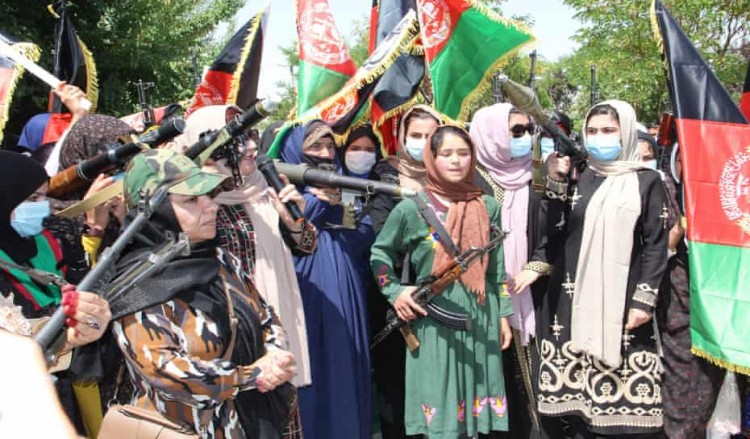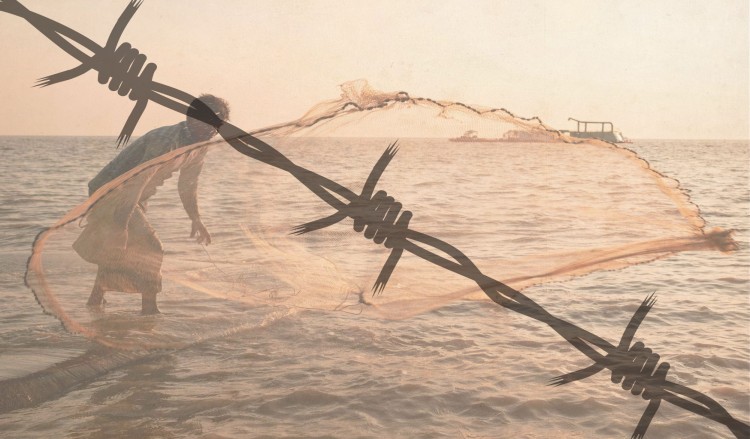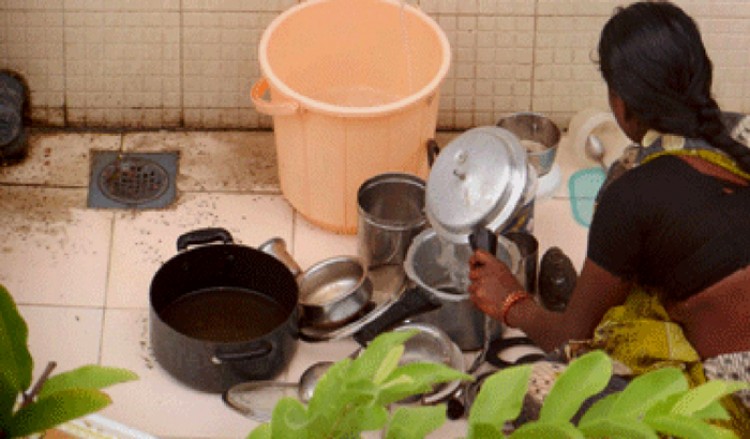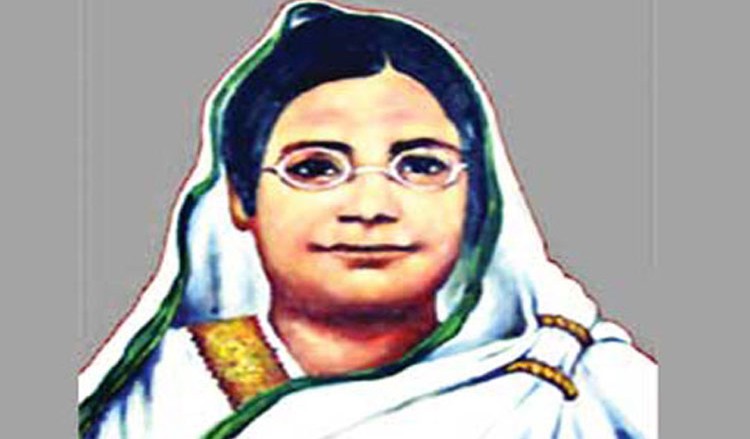- 21 August, 2021
- 0 Comment(s)
- 1279 view(s)
- লিখেছেন : Utsa Sarmin
“I am writing this with a broken heart and with the deep hope that you will join us in saving my beautiful country from the Taliban. They massacred our people, kidnapped many children, they killed a woman in the name of dress, they tortured and killed one of our favorite comedians, they killed a prehistoric poet. They killed people associated with the government, some of us were hanged in public, and they displaced millions of families.”
“Somebody has to speak up because it’s time, it’s time that they [Taliban] understand that Afghan women won’t be silenced. Today it’s my education, tomorrow it’s going to be my daughter’s education, my sister’s education. My political rights are right now taken away. Tomorrow, it’s going to be my daughter’s, my sister’s… I have to put up a fight today so that the net generation doesn’t have to face all these conflicts.”
Since the fall of Afghanistan into the hands of the Taliban on August 15, the world has been hearing the desperate cries of the country’s women. They fear a repressive regime with no rights. Much like the first time the Taliban captured power in the late nineties (1996-2001).
Taliban, which means “students” in the Pashto language, is a direct result of US imperialism that started a proxy war against the Soviet Union in the 1980s. Many leaders of the Taliban fought alongside Afghan Mujahideen who were supported and helped by the U.S. The United States, to stop the spread of communism in South Asia, provided financial, strategical, and military support to the Afghan Mujahideens in the 1980s as part of its Cold War against the USSR. The Soviet Union pulled out of the country in 1989. The U.S thought they “won”. The Afghans inherited a bloody legacy that graduated into a years-long civil war. While the Afghan Mujahideen started in-fighting for the control of Afghanistan, some of their fighters started building the Islamic Militia known as the Taliban. They quickly made military gains and took control of the country in 1996. In 2001, the U.S invaded the country and toppled the Taliban regime following the Sept 11 attack on the World Trade Centre.
Taliban’s rule from 1996-2001 proved to be devastating for women and minorities. Women were not allowed to study, work, go out without the presence of a male guardian and had to cover their bodies with burqa. Women who dared to speak up against the oppressive regime were raped, publicly flogged, or executed. The men were ordered to grow beards. Ethnic and religious minorities were persecuted with their religious sites destroyed. The list of persecution and oppression was long.
The U.S invasion of Afghanistan and its two-decades-long war on Afghan soil was preceded by the Western country’s “concern” over Afghan women’s situation. The then US President George W. Bush infamously quoted the plight of Afghan women as one of the legitimizing factors behind their invasion. But the benevolent patriarch’s imperialist agendas and hollow promises to women were eventually unmasked and came to the fore in 2019 when the former president Donald Trump was negotiating the US troops’ withdrawal with the Taliban. Trump conveniently forgot to include the U.S-backed Afghan president in the negotiation. Neither was there any concern for women or women's representation during the negotiations.
The rights earned by Afghan women in the last two decades were the result of their struggles against religious fundamentalism and a corrupted puppet government supported by the U.S.
With the fall of Afghanistan into the hands of the Taliban, the nightmare of “a living hell to a black hole of hopelessness” resurfaced. They fear they will be stripped of their hard-earned rights. Afghan women from the country and elsewhere started recounting horrors of the previous Taliban rule. Many women feared they will be killed for having jobs, being artists. The former captain of the Afghan women’s football team, Khalida Popal, urged the current players to “take down their names, remove their identities, take down their photos for their safety. Even I’m telling them to burn down or get rid of your national team uniform.” Female journalists are told not to return to offices. Burqa prices surged.
And this is only the news from Kabul. The world is in dark about what is happening in the provinces.
Women in a position of privilege with enough social and financial capital, who could flee to a different country even amidst the apocalyptic chaos in Kabul airport, fled. Most couldn’t. They know that they have to stay and fight for the rights they won.
Taliban spokesperson Zabihullah Mujahid said on Tuesday, "Taliban are committed to providing women with their rights based on Islam. Women can work in the health sector and other sectors where they are needed. There will be no discrimination against women."
Their statement begs few questions: What kind of rights-educational, political, voting, working, social? Who decides where women are needed and where not? What is the basis of such a decision?
“You have to understand that what they say and what they are putting in practice, that are two different things. Girls in Herat, they are not able to go to their universities, and girls in Kandahar, they are asked to go to their home. Their male relatives were asked to fill in for their positions in the bank. So what they are saying, of course, they are looking for legitimacy from all these different countries… every time they talk about women's rights, they are being very vague about it.” Pashtana Durrani, a teacher and the founder and executive director of LEARN Afghanistan, a charity focused on education, told BBC.
Taliban's statement indicates that Afghan women will be allowed independence as long as they are dependent on a patriarchal structure fuelled by religious fundamentalism.
Author: Activist and journalist
Cover image: Collected





0 Comments
Post Comment